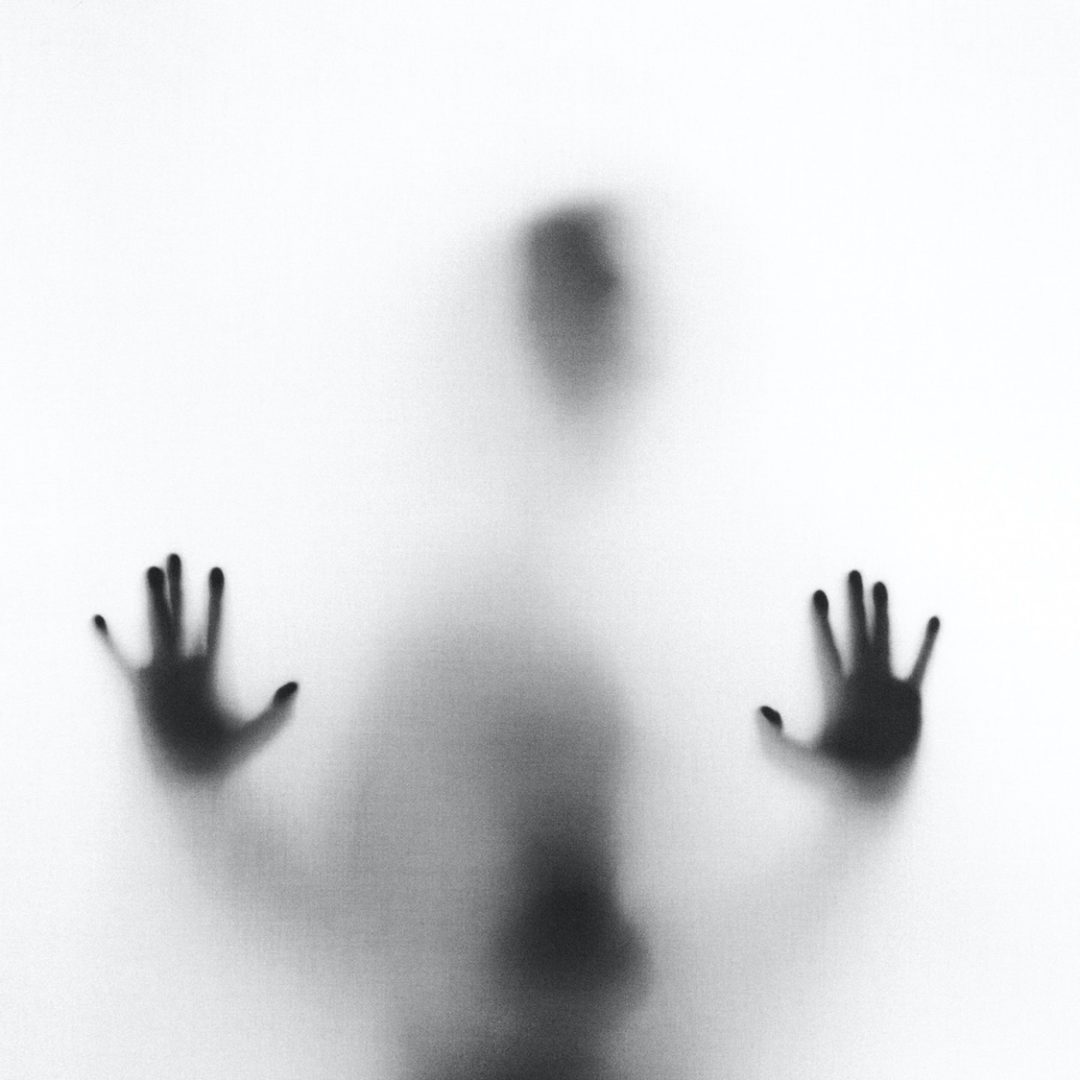Is your home or apartment overflowing with items you can’t seem to get rid of? New research is showing that a cluttered living space actually can translate into poor mental health. Taking some steps to “de-clutter” your life may go a long way in preserving your mental well-being.
Most of us are familiar with shows like “Hoarders.” It gives a glimpse into the lives of people who have accumulated so many items that their living situations have become nearly uninhabitable. Hoarding disorder affects around 2-6% of the population (per the American Psychiatric Association) and can significantly affect people’s relationships, ability to work, and ultimately lead to isolation. But the accumulation of items and cluttering of the physical space doesn’t have to be to that extreme to negatively affect mental health, new research is showing.
Researchers at the University of New Mexico examined how clutter can alter our perception of home and ultimately dampen our life satisfaction. Catherine Roster, one of the principal investigators, and her colleagues identified a sample of nearly 1,500 people with mild to moderate cluttering problems and had them rate several items: 1) their own clutter-related behaviors, 2) the level of attachment they felt to their homes, 3) whether they saw possessions as an extension of themselves, and finally 4) if they felt their home gave them psychological comfort. From their research, Roster and her colleagues were able to conclude that clutter was associated with more negative associations with a person’s home and ultimately led to poorer well-being overall. They noted specifically that when clutter gets out of control, “it can threaten to physically and psychologically entrap a person in dysfunctional home environments.” People who noted high rates of clutter had higher rates of unhealthy eating, were more prone to stress and even picked up on visual cues slower in social situations.
If this article is already making you uneasy about the amount of clutter in your home, never fear! Some simple tips can go a long way to making your home feel more like friend than foe. Psycom.net contributor Susan McQuillan suggests going room by room or drawer by drawer when starting out to make the process feel less onerous. If you are having a hard time parting with some items you need to get rid of, take a picture of them so you can always have them in some form! Find the full article of tips here and check out our founder, Dr. Josephine McNary’s podcast with professional organizer, Regina Lark, PhD for some more helpful insights and Apple podcast link. Even if you aren’t struggling with full blown hoarding disorder, it’s clear that decluttering your life can help your overall mental and emotional well-being. At CalPsychiatry, our physicians are ready to help you devise a plan to take back control of your life. Whether it’s talk therapy or getting you started on a mindfulness program to help with anxiety or stress, book a consultation with us today and make space for more peace and happiness!





